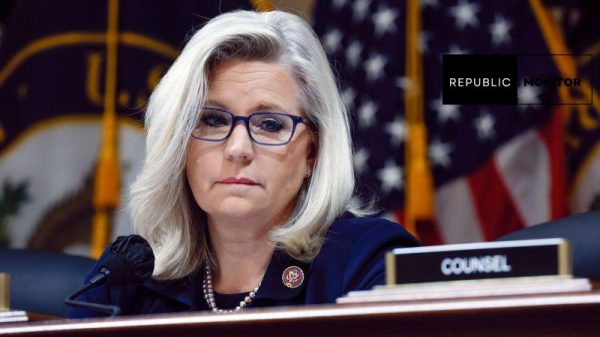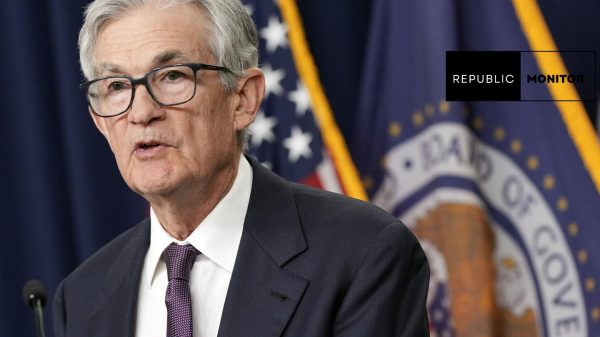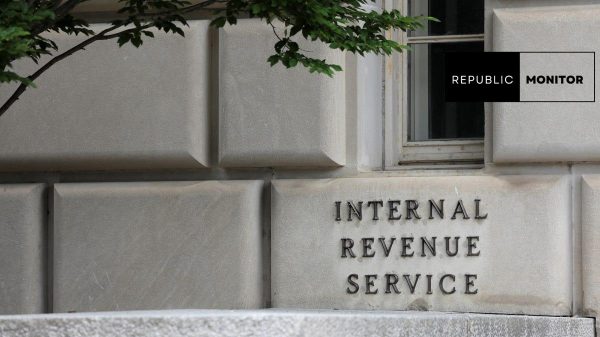The Senate Democrats passed a Bipartisan deal to allow Congress to move forward in raising the nation’s debt limit and bypassing a GOP filibuster.

Tuesday, the Senate Democrats passed a Bipartisan deal to allow Congress to move forward in raising the nation’s debt limit and bypassing a GOP filibuster.
The Debt Ceiling Will Increase To $2.5 Trillion
The Democratic-held Senate and House passed the debt ceiling increase with only one Republican vote. Senators voted 50-49 together with party lines to increase the debt ceiling funding by $2.5 trillion. Despite the fact that GOP senators supported legislation last week that established the simple majority vote, none voted in favor of raising the debt ceiling.
However, Treasury Secretary Janet Yellen warned that the debt ceiling could mark the start of the first-ever U.S. default. Further, Biden is already expected to sign the borrowing limit hike just hours before the Treasury Department forecasts it would exhaust its tools to pay the government’s bills — an outcome that could upend the U.S. economy.
Senate Majority Leader Charles Schumer (D-N.Y.) said reiteratively that it is for the accumulated debt to be paid by both parties to facilitate a process that has made addressing the debt ceiling. Schumer also reassured the American people that there will not be a default.
The One-time Exemption Agreement
The decision to set a one-time filibuster exception provoked outrage among GOP senators, who believe Republicans should have to stick to their months-long demand. the budget reconciliation allows Democrats to raise the debt ceiling on their own.
But GOP leadership fights back the deal saying it was a win-win situation because it accomplishes many of their goals in forcing Democrats to increase the debt ceiling to a set number on their own, as well as a fast-track approach that allows them to shift their attention back to the Build Back Better legislation, which they see as a more promising aim.
On the contrary on Tuesday, Senate GOP Leader Mitch McConnell (R-Ky.) told Democrats that linking the vote to the spending legislation will result in high levels of inflation. McConnell defines the debt limit as a “reckless taxing and spending spree” that could increase a massive debt. McConnell even told Biden in a letter that he will not support such assistance again if the Democrat will drift into another avoidable crisis.
Furthermore, The proposed attaching the debt ceiling to a broad defense policy measure, but this was met with opposition from both House leadership and Senate Republicans. Instead, in an attempt to shore up GOP support, they connected the law establishing the filibuster exemption to averting Medicare cuts. The debt ceiling increase extends the borrowing limit until 2023, potentially causing Biden a major headache if Republicans retake the House or Senate. But Democratic senators said they settled on the debt ceiling increase amount as part of an agreement with Republicans.















